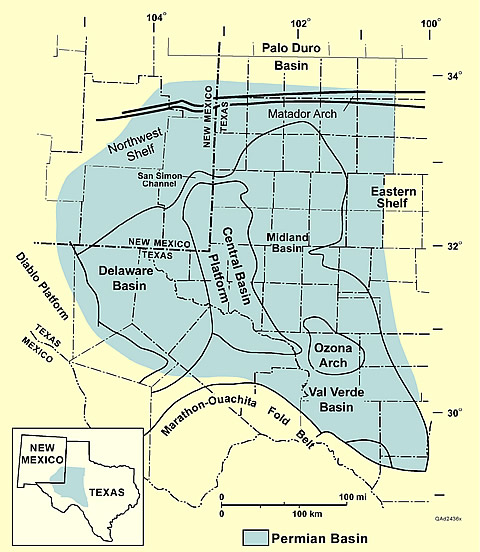A Texarkana Court of Appeals case, Petrohawk Properties, L.P. v. Jones offers some insight into how changes to an oil and gas agreement are analyzed in terms of the statute of frauds. Material changes to the agreement require documentation in writing, but what constitutes a material change to the initial agreement will depend on the circumstances and the specific language used in the agreement. Contracting parties who are concerned about the impact that a modification to a contract can have should take precautions to ensure that the modification of the contract is well documented.
In this case, the Jones family owned some land in Harrison County in East Texas and the family was approached in 2008 by Petrohawk Properties about leasing the oil and gas mineral interests for their property. The parties entered into an agreement that if the Jones could deliver their interests to Petrohawk Properties free and clear of title defects by a closing date of August 15, 2008, the Jones family would be entitled to a leasing bonus of $23,500 per acre. The agreement also provided that Petrohawk would be released from the Agreement if the Jones’s were unable to provide free and clear title to enough acreage to warrant payment of ten million dollars worth of leasing bonuses, which Petrohawk was holding in escrow.
Due to unforeseen delays in preparing the title work, the parties agreed to delay the closing date of the Agreement to August 27, 2008, then to September 17, 2008, then to October 9, 2008, and then to November 6, 2008. Coincidentally, the fall of 2008 was also the time of the United States financial crisis, which prompted Petrohawk to refuse to pay bonus on any acreage supported by title work that was produced by the Jones family more than thirty days after an August 29th closing date on some of the Jones family properties, and terminated the contract. The Jones sued for breach of contract.





